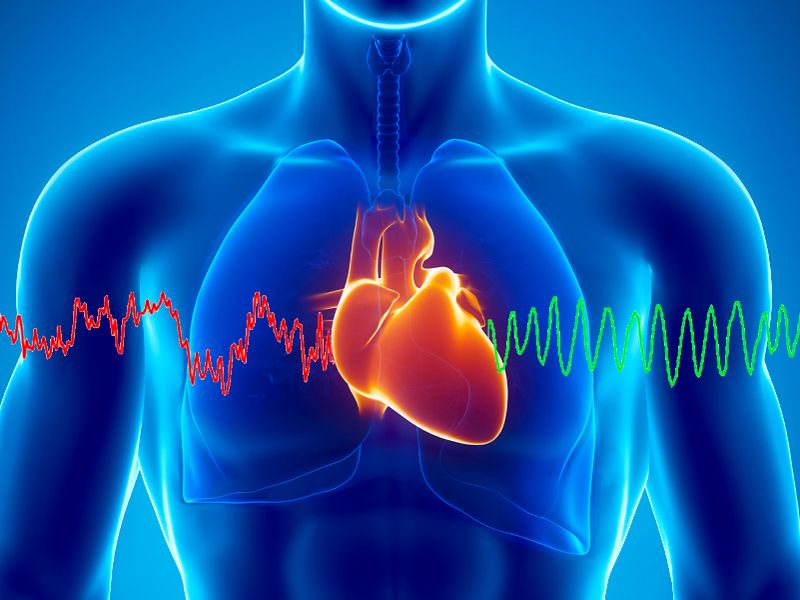
Mitral valve diseases, causes and symptoms
The mitral valve is one of four valves whose function is to ensure the correct exchange of oxygen and carbon dioxide with the lungs for the benefit of the whole body
The mitral valves, located between the left atrium and left ventricle, can be damaged by various diseases.
What are the causes of mitral valve malfunction?
There are many causes of mitral valve failure.
The most common is degenerative disease, which causes tissue weakness and affects about 95% of cases.
Other less frequent causes are rheumatic diseases or infections of the valve.
DEFIBRILLATORS, VISIT THE EMD112 BOOTH AT EMERGENCY EXPO
What symptoms do mitral valve diseases manifest themselves with?
Mitral disease remains asymptomatic for long periods.
When it does occur, it does so with specific symptoms, such as difficulty in breathing and frequent extrasystoles, whereby the patient experiences a continuous sensation of an accelerated heartbeat.
In more advanced and severe forms, it can also manifest itself with episodes of pulmonary oedema.
Read Also:
Atrial Fibrillation, The Importance Of Intervening At The Earliest Symptoms


